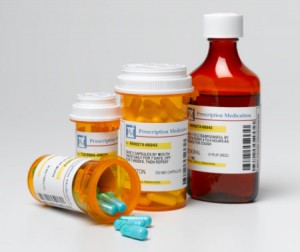 Behavioral Health Center (BHC) Journal recently hosted an interview panel with four patients who successfully underwent ExecuCare ARC’s Neurotransmitter Restoration (NTR) to fight addiction.
Behavioral Health Center (BHC) Journal recently hosted an interview panel with four patients who successfully underwent ExecuCare ARC’s Neurotransmitter Restoration (NTR) to fight addiction.
“Proponents of NTR say it detoxifies as it restores the brain’s receptors and balances the brain’s chemistry. The idea is that because the body is getting what it needs naturally, NTR safely detoxifies the body, while minimizing post acute withdrawal symptoms, significantly reducing cravings, anxiety and depression; normalizing stress levels; and restoring a sense of well-being and clarity of mind. This natural treatment involves 10 days of outpatient therapy and is administered intravenously by a licensed, registered nurse under a doctor’s supervision. Dr. Hitt [Inventor of NTR] says studies have shown that by addressing the physical form of the disease first with NTR, a person is better prepared to make the behavioral, social and psychological changes necessary to progress toward the next phases of recovery.” (BHC Journal)
“Does it work? BHC spoke to a panel of four people who experienced the NTR program at ExecuCare and asked them that very question. In the Q&A that follows, you’ll meet four very unique people with a variety of situations who tell their stories of recovery. Maureen is an RN who specializes in nutrition. She’ll tell you about her college-age son who was dependent on alcohol and oxycodone and sought care at ExecuCare. You’ll meet Steve, a corporate executive from Wall Street who was addicted to alcohol and found that it was disrupting his life. Next, you’ll hear from Keeley. She has a masters degree in psychology works at a large hospital in Atlanta in the behavioral health field. She saw firsthand the anguish patients went through in detox. And when she became addiction to pain medicine that treated her rheumatoid arthritis, she sought treatment at ExecuCare to minimize the impact of detox. Finally, you’ll get to know Brian. Brian lost his job at a major recruiting firm because of his addiction to opiates. He was prescribed Suboxone to get off the opiates and became addicted to that medication.” (BHC Journal)




![Mike Sanders founder[3] Picture of Mike Sanders at his desk. He is the founder of ExecuCare and used Neurotransmitter Restoration to overcome his own addictions.](http://execucarearc.com/wp-content/uploads/2009/11/founder3.jpg)


